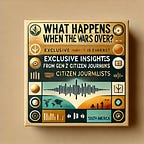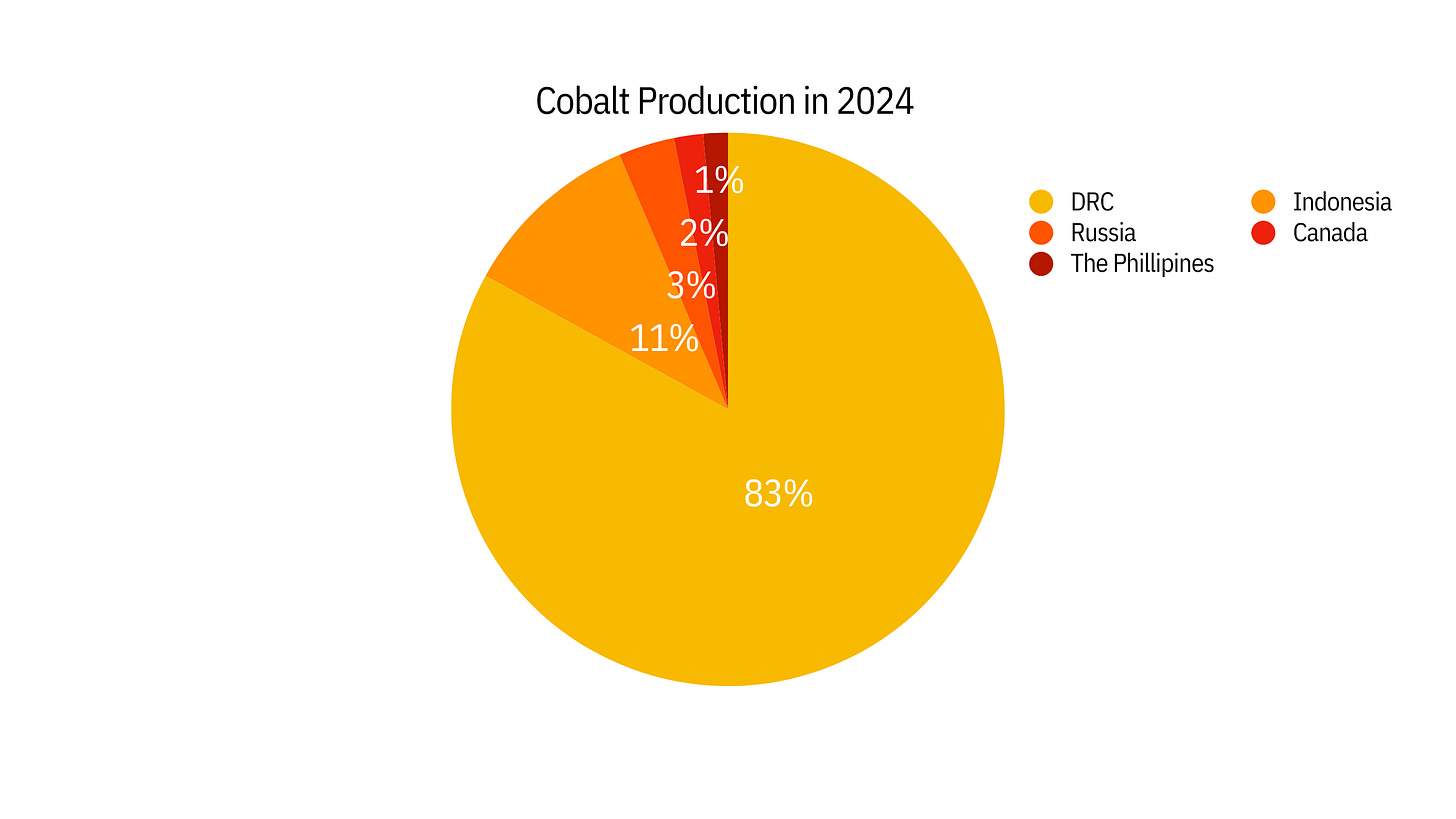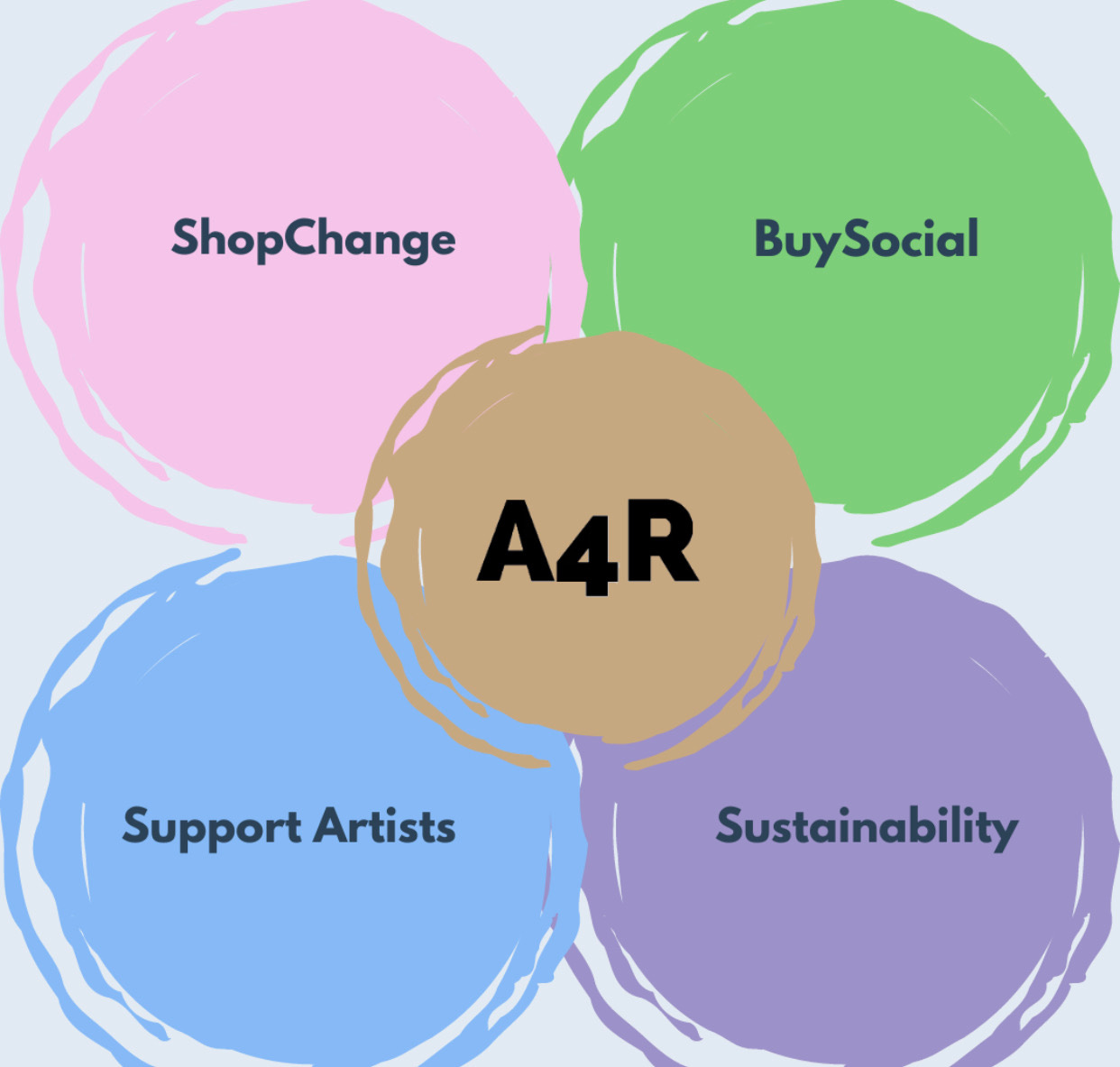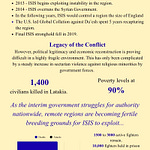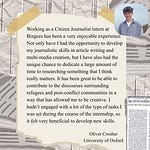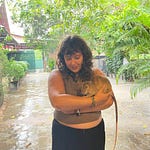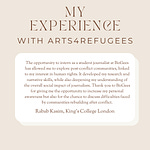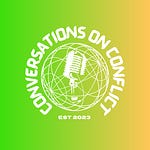Rich Land, Stolen Wealth: The DRC’s Fight for Justice After Conflict
The Democratic Republic of Congo (DRC) is a land of striking contrasts. Despite being one of the richest countries in the world in terms of natural resources, it has been plagued by conflict and exploitation for much of its modern history. From the Belgian colonial era to the brutal civil wars of the late 20th and early 21st centuries, the DRC has faced an unrelenting series of challenges that have kept its people in a constant state of suffering. Yet, amid the pain, the Congolese have shown resilience and determination, rebuilding their lives and communities, even as their country continues to grapple with the realities of a modern-day “gold rush” driven by the insatiable demand for minerals.
A Devastating History of Conflict
The history of the DRC is one of extraordinary resource wealth and equally extraordinary human suffering. Under Belgian colonial rule, the country was subjected to extreme exploitation, particularly during the time of King Leopold II, whose personal ownership of the Congo Free State led to widespread brutality and atrocities. The extraction of rubber and ivory devastated the population, with millions of Congolese dying under forced labour and violent punishment. Even after the country gained independence in 1960, the legacy of colonialism lingered, leaving behind a fractured political system and a nation with few resources to build a stable, self-sufficient society.
The post-independence period saw the rise of a series of dictatorships and violent military coups. Perhaps the most notorious of these was the reign of Mobutu Sese Seko, who ruled the country from 1965 to 1997, establishing a corrupt kleptocratic regime that enriched himself while impoverishing the nation. The 1990s brought further devastation, as the DRC became embroiled in the First and Second Congo Wars (1996-1997 and 1998-2003), which saw millions of deaths and the displacement of countless others. The wars involved numerous factions, foreign armies, and local militias, with neighbouring countries like Rwanda, Uganda, and Burundi playing significant roles in fuelling the conflict.
By the end of the Second Congo War, the DRC was left in tatters. The country was deeply divided, with armed groups controlling vast swathes of territory. Infrastructure was destroyed, the economy was in ruins, and the social fabric of Congolese life had been torn apart. But despite the devastation, the spirit of the Congolese people remained unbroken. Communities began to rebuild their lives, and international organizations and governments began to offer aid to help the country recover from the horrors of the past.
The Mineral Wealth of the DRC
The DRC’s immense natural resources have long been a source of both hope and heartbreak. The country is home to some of the richest mineral deposits in the world, including cobalt, copper, coltan, and gold. These minerals are vital to modern industries, especially electronics, renewable energy, and electric vehicles. Cobalt, for example, is a key component in the batteries used to power electric cars and smartphones, making the DRC an essential supplier to global technology markets.
The DRC’s mineral wealth is often compared to a modern-day gold rush. As demand for these resources has skyrocketed, foreign investors—especially from China—have descended on the country to extract its riches. However, this mineral boom has not translated into prosperity for the Congolese people. In fact, the exploitation of these resources has contributed to the continued suffering of the population, perpetuating a cycle of poverty, inequality, and violence.
This situation is a stark reminder of modern colonialism. While the DRC’s minerals fuel the economies of other nations, the Congolese people have seen little benefit from their own country’s wealth. Instead, they are left to endure the devastating effects of foreign exploitation, including environmental degradation, human rights abuses, and the displacement of entire communities. Mining operations often involve child labour, unsafe working conditions, and the destruction of local ecosystems, leaving communities with little to show for the riches that are being extracted from beneath their feet.
Modern Colonialism and the Role of China
China plays a particularly significant role in the exploitation of the DRC’s mineral resources. Through a series of investment deals and infrastructure projects, China has secured access to the DRC’s vast mineral wealth in exchange for promises of development aid. However, these deals have been criticized for benefiting China and multinational corporations while leaving the Congolese people with little to no tangible benefit.
The Chinese government’s involvement in the DRC has been framed as a “win-win” scenario, where both parties supposedly benefit from the exchange of resources for development. But in reality, the Congolese are paying a high price. Mining operations are often conducted by Chinese-owned companies that pay local workers meagre wages and fail to reinvest the profits back into the communities. Meanwhile, China continues to extract vast quantities of minerals, fuelling its own economic growth while mortgaging the future of the DRC.
In many ways, the current situation mirrors the dynamics of colonialism, where foreign powers take control of valuable resources without regard for the well-being of the local population. The Congolese people are caught in a vicious cycle: their resources are being taken from them, their land is being polluted, and their children are being forced into labour, all while they remain dependent on foreign aid and assistance to survive.
The Price of Survival
For many communities in the DRC, survival has become a daily struggle. The country’s history of violence and exploitation has left deep scars, and even as peace has slowly returned to some areas, the effects of past conflicts continue to be felt. The presence of armed groups, predatory military forces, and widespread corruption still poses a significant threat to the safety and security of ordinary Congolese citizens.
In the face of these challenges, communities are doing their best to rebuild. In some areas, local leaders and NGOs have worked to restore basic services, including education, healthcare, and clean water. These efforts are critical to the survival and well-being of the population, but they are often undermined by the broader forces of exploitation and violence.
Education, in particular, is a major casualty of the ongoing crisis. With children often forced to work in the mines instead of attending school, the future of the next generation is uncertain. The promise of a better life through education is largely out of reach for many Congolese children, who instead face a future in which they are subjected to dangerous labour and exploitation. This reality highlights the deep inequalities that persist in the DRC, where access to basic human needs—such as safety, security, and the opportunity to thrive—is often limited by factors beyond the control of the people themselves.
Rebuilding and the Quest for Justice
Despite the dire situation, there are signs of hope in the DRC. Many communities have made remarkable strides in rebuilding their lives and reclaiming their dignity. Local initiatives are fostering self-determination and community participation, empowering individuals to take control of their own futures. There are growing efforts to promote justice, to ensure that those responsible for violence and exploitation are held accountable, and to secure the rights of the Congolese people.
However, the road to true justice and self-actualization is a long one. While some communities have been able to rebuild, the exploitation of the DRC’s mineral wealth continues to undermine their efforts. Foreign powers, particularly China, continue to extract resources without regard for the long-term consequences for the Congolese people. The country’s future remains precarious, as the demand for minerals grows ever more insatiable, and the Congolese people are forced to give up their resources just to survive.
Conclusion
The Democratic Republic of Congo is a country rich in natural resources, but its people remain trapped in a cycle of exploitation, poverty, and violence. While there are efforts underway to rebuild communities and provide for basic human needs, the country’s mineral wealth continues to be a double-edged sword. The exploitation of these resources by foreign powers, particularly China, has left the Congolese people with little to show for their country’s riches.
As the Congolese struggle to rebuild their lives, they face an uncertain future. Their survival, security, and ability to thrive are constantly threatened by the forces of modern-day colonialism. The hope for a better future lies not just in rebuilding communities, but in securing justice, promoting self-determination, and ensuring that the wealth of the DRC is used to benefit the people who have long been denied its rewards.
In this episode Blanca discusses Congo and the issues they are dealing with despite being rich mineral wealth. She is a Citizen Journalist with us on a placement organised with War Studies Department, King’s College, London. This article was edited using Lex.page.
Thank you for reading an A4R 🎨 Post. Don’t forget to visit our gift shop here. Every purchase scales our impact and pays our bills.

